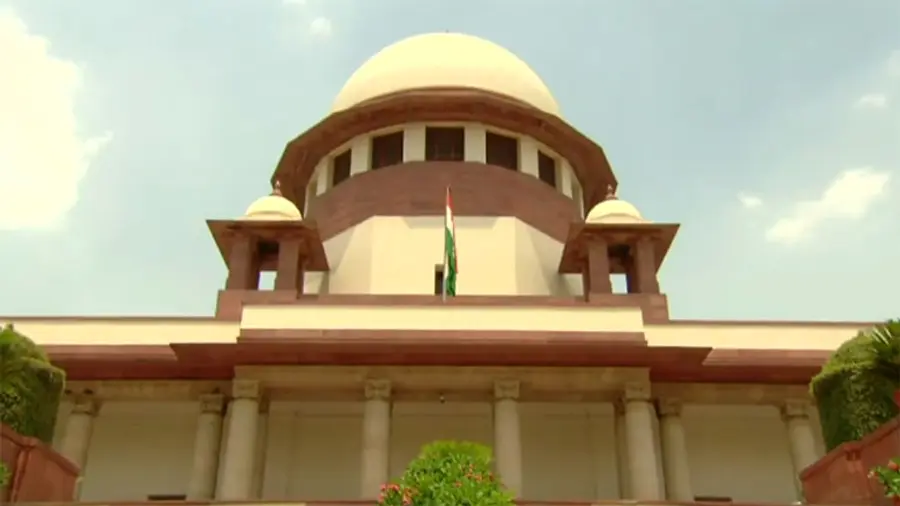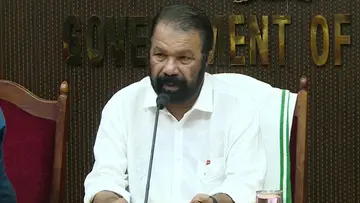SC dismisses plea for implementation of three- language formula in Kerala, TN, WB


Web desk
Published on May 09, 2025, 01:02 PM | 2 min read
New Delhi: In a move that has intensified opposition to the Centre’s bid for uniformity in education, the Supreme Court on Friday dismissed a public interest litigation (PIL) that sought to force Tamil Nadu, Kerala, and West Bengal to adopt the three- language formula proposed in the National Education Policy (NEP) 2020.
A bench headed by Justice JB Pardiwala firmly stated that the judiciary cannot compel states to adopt the Centre’s policy decisions. The court emphasised that intervention is only possible if fundamental rights are violated, and in this case, found no such basis. It also questioned the petitioner's locus standi, noting that though he was originally from Tamil Nadu, he currently resides in Delhi and lacks a direct connection to the issue.
The PIL, filed by advocate GS Mani, affiliated with the BJP, argued that the refusal by the three states to implement the NEP was detrimental to public interest and citizens’ constitutional rights. Mani claimed the NEP’s three -language formula was designed to benefit underprivileged students by promoting education in Indian languages.
However, the court’s dismissal has been interpreted as a significant political blow to the Centre’s attempt to impose a uniform education framework across all states. Opponents have accused the Centre of covertly pushing Hindi through the NEP in non- Hindi- speaking regions.
Kerala and Tamil Nadu has remained staunchly opposed to the three-language formula, asserting that it violates the state’s right to maintain its own language policy. The state governments reiterated that the NEP is being used to advance a Hindi agenda under the pretence of promoting multilingualism, a move it sees as a direct threat to federal principles.
Observers view the ruling as a reaffirmation of state rights in the realm of education, which falls under the concurrent list of the Constitution. The verdict is being seen as legal reinforcement of the stance taken by regional governments against central overreach.
As resistance to the NEP grows stronger in states outside the BJP fold, the Centre faces mounting pressure to reassess its approach and engage in genuine dialogue with state governments on educational reforms.










0 comments